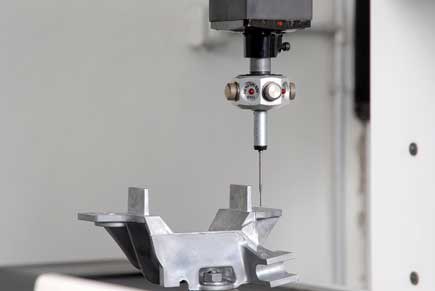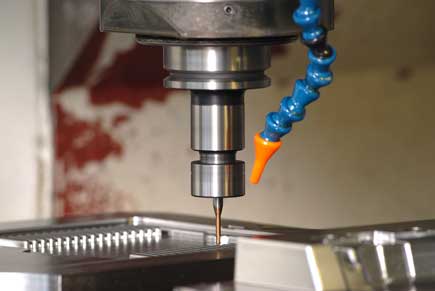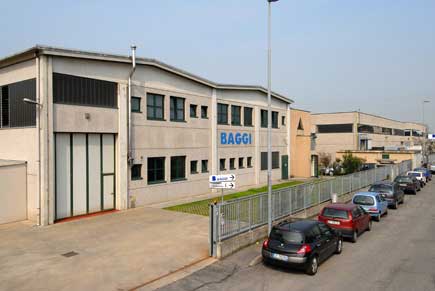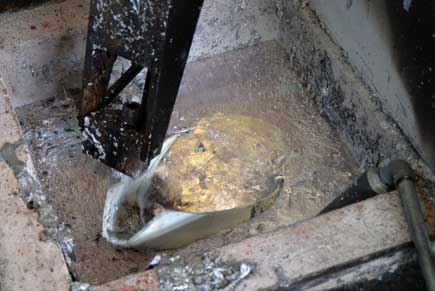Die casting, also referred to as shell mold casting, is an industrial production process where the melted (non-ferrous) metal is inserted at high speeds in a permanent metallic shape, referred to as punch press die, and it is solidified under pressure.
The central stages of the die casting / melting under pressure process:
- fast filling of the punch press die hole;
- compensative feeding of the solidification return;
- total and perfect filling of the punch press die hole;
- granting a fine crystalline structure to the part.
The material that the punch press die is made of is a high-melting-temperature alloy; usually one of the metals of this alloy is molybdenum, and the used alloys are changed based on the nature of the melted metal that is cast into shape.
Following the solidification, which occurs by cooling the shapes in a water recirculation system, the products is extracted and a semi-processed product, which needs to be processed by removing the chips, or a finished product is obtained.
Die casting is divided in two types, based on whether or not the heating chamber belongs to the machine or not:
- with hot chamber;
- with cold chamber.
What the processes have in common is the presence of a piston for pumping melted metal, a frame for opening and closing the punch press die and a device that keeps it closed.
In the order of importance of the amounts of manufacturing products performed, the materials currently die cast, the categories that the families of non-ferrous metals and alloys belong to are:
- aluminum and its alloys (AlSi, AlSiCu, AlMg);
- zinc and its alloys (zinc alloy);




